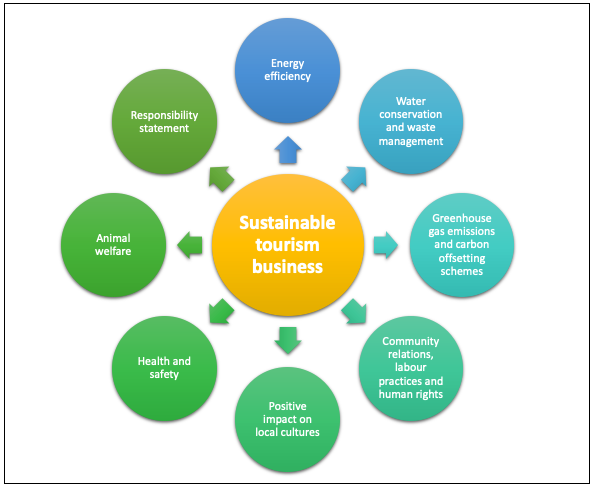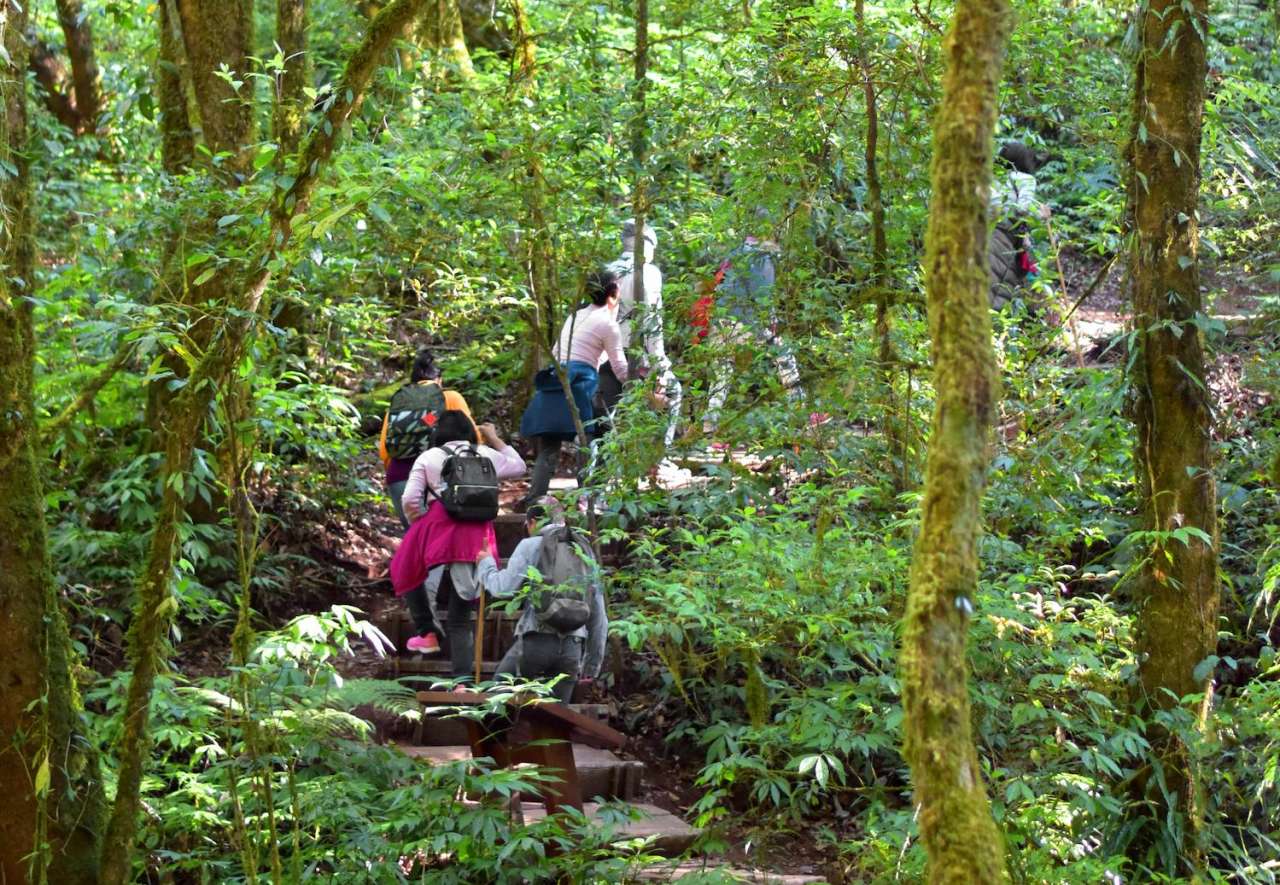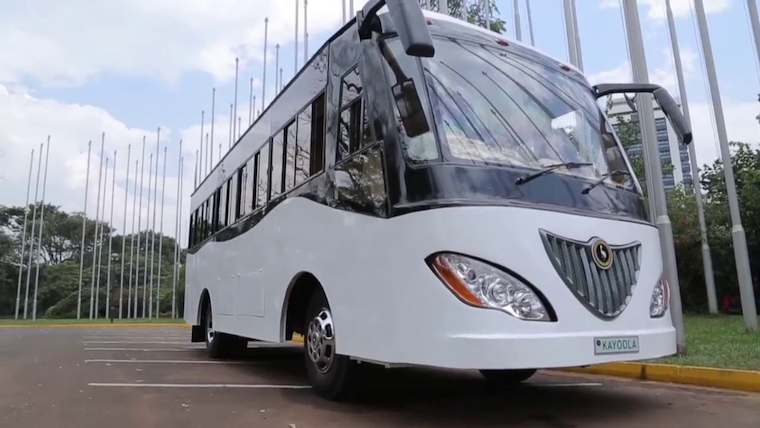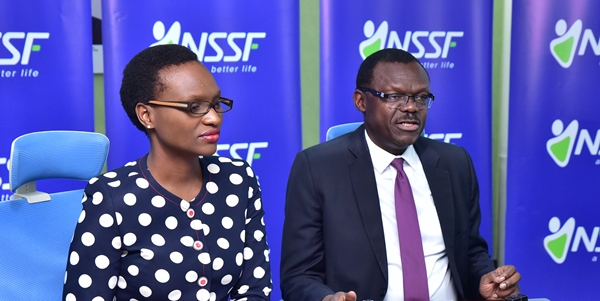Uganda, with its breathtaking landscapes, rich cultural heritage, and diverse wildlife, offers immense tourism opportunities. However, the increasing awareness about environmental conservation and sustainable practices makes it imperative for new tourism businesses to integrate sustainability into their core operations. Here’s a comprehensive guide on how to start and run a successful and sustainable tourism business in Uganda.
Understanding Sustainable Tourism
Sustainable tourism is about making a positive impact on the environment, society, and economy of the host destination. The United Nations defines sustainability as meeting the needs of the present without compromising the ability of future generations to meet their own needs. This involves responsible consumption of resources, conservation of cultural heritage, and promoting economic growth in local communities.
Elements of a Sustainable Tourism Business

Step 1: Commitment to Sustainability
Develop a Sustainability Policy
Your journey begins with a firm commitment to sustainability, which should be reflected in a clear sustainability policy. This policy should outline your business’s goals, the steps you will take to achieve them, and your dedication to protecting the environment, supporting local communities, and complying with relevant laws and regulations.
Appoint a Sustainability Champion
Designate a sustainability champion and form a green team to oversee the implementation of your sustainability policy. This team will be responsible for monitoring performance, ensuring compliance, and making continual improvements.
Educate and Engage Your Team
Educate your staff about the importance of sustainability and their role in achieving it. Provide regular training and engage them in sustainability initiatives to foster a culture of environmental stewardship within your business.

Step 2: Measuring and Benchmarking Performance
Key Performance Areas (KPAs)
To manage your sustainability efforts effectively, measure your performance across various key areas, such as greenhouse gas emissions, energy and water consumption, waste management, and social and cultural impacts.
Data Collection
Establish a consistent methodology for collecting and monitoring data related to your sustainability efforts. Use utility bills, meter readings, and other existing records to gather information on energy and water usage, waste generation, and other relevant metrics.
Continuous Improvement
Set annual targets for improving your sustainability performance. Regularly review and update your sustainability policy and practices to ensure they remain relevant and effective.
Step 3: Implementing Sustainable Practices
Eco-friendly Accommodations
Whether you run a guest house, lodge, or B&B, adopting eco-friendly practices is crucial. Use solar energy, install water-saving devices, and reduce waste by encouraging recycling and minimizing the use of single-use items. Small changes, such as going paperless in your office and fixing leaky pipes, can make a significant difference.

Support Local Communities
Source products and services locally to support the local economy and reduce your carbon footprint. This includes buying food ingredients from local farmers, stocking your gift shop with crafts made by local artisans, and hiring local staff.
Environmentally Conscious Activities
Design your tours and activities to minimize their environmental impact. Ensure that wildlife is not disturbed, natural habitats are preserved, and cultural practices are respected. For example, birdwatching tours, nature walks, and visits to local farms or communities can provide enriching experiences while promoting sustainability.
Move Away from Single-use Items
Eliminate single-use items like paper plates and cups in favor of reusable alternatives. This not only reduces waste but also demonstrates your commitment to sustainability to your guests.
Step 4: Governance and Risk Management
Legal Compliance and Risk Assessment
Ensure your business complies with all relevant local, national, and international laws and regulations. Conduct regular risk assessments to identify potential environmental, social, and economic risks and develop strategies to mitigate them.
Develop a Sustainability Management System (SMS)
Create a formal framework that documents all your sustainability policies, procedures, and plans. This system should include your sustainability policy, risk assessments, performance metrics, and communication plans. An SMS helps ensure that sustainability is integrated into every aspect of your business operations.
Step 5: Communication
Engage Stakeholders
Communicate your sustainability efforts to all stakeholders, including employees, customers, suppliers, and the local community. Transparency and authenticity are key; share your achievements and challenges openly to build trust and encourage collaboration.
Educate Guests
Inform your guests about your sustainability practices and encourage them to participate. This can include simple actions like conserving water, recycling, and respecting local customs and environments. Engaged and informed guests are more likely to support and advocate for your sustainability initiatives.

Celebrate Successes
Acknowledge and celebrate your sustainability achievements. This not only boosts morale but also demonstrates your commitment to continuous improvement and sets a positive example for others in the industry.
Running a sustainable tourism business in Uganda requires a strong commitment to environmental stewardship, social responsibility, and economic development. By integrating sustainable practices into your operations, you can attract eco-conscious travelers, support local communities, and preserve Uganda’s natural and cultural heritage for future generations. Remember, sustainability is a journey, not a destination, and every small step you take contributes to a better, more sustainable future for all. Success!
About Guide2Uganda
Guide2Uganda (www.guide2uganda.ug) is the most comprehensive source of travel information about Uganda that exists on the web, with more content on its cities & towns, accommodation, attractions, events, museums and galleries than any other online guide that currently exists for Uganda; as well as being a dynamic travel news and events driven site with fresh content added daily.
According to WeFollow & Peer Index (that measure online influence), we are among the most influential online media organizations in Uganda. Guide2Uganda was also awarded ‘’Best Destination Website in Uganda’’ by Jumia Travel Uganda in the 2018 Africa Travel Awards.
Share your travel stories & photos with the world via email: info@guide2uganda.ug




